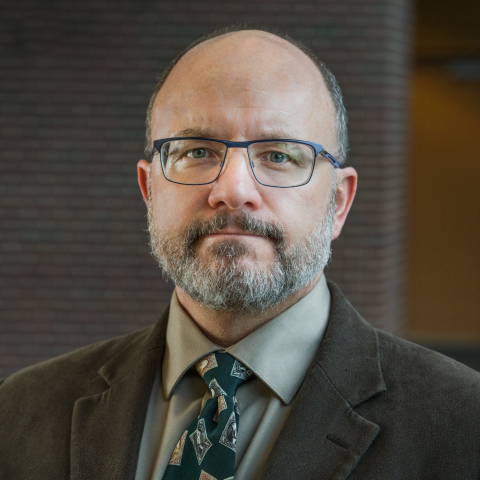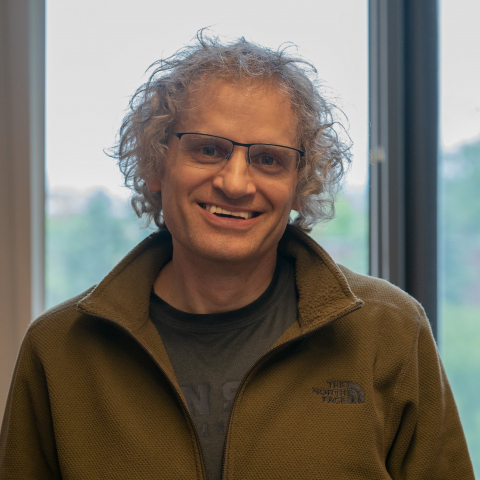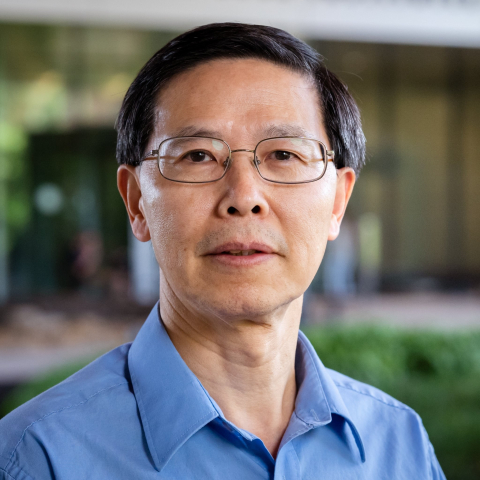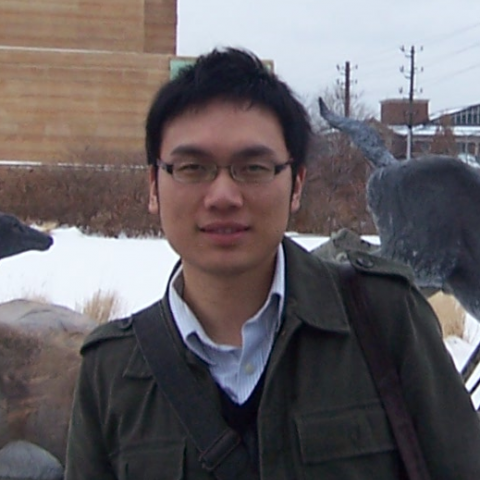People: Neurobiology
Nikki Crowley
Director, Neuroscience Institute – University Park; Huck Early Career Chair in Neurobiology & Neural Engineering; Assistant Professor of Biology and Biomedical Engineering; Associate Director for Postdoctoral Training and Leadership, Center for Neural Engineering
Investigation of peptidergic transmission throughout the brain, using cell-specific and pathway-specific manipulations to understand how peptides alter neuronal signaling and behavior, particularly in the context of stress and drug use.
Patrick Drew
Associate Director, Huck Institutes of the Life Sciences; Professor of Engineering Science and Mechanics, of Neurosurgery, of Biology, and of Biomedical Engineering
Optical imaging of brain dynamics during sleep and behavior; Role of blood flow and cerebrospinal fluid movement in neurodegenerative disease
Santhosh Girirajan
Professor of Genomics; Professor of Anthropology; Department Head of Biochemistry and Molecular Biology
Understanding the genetic basis of neurodevelopmental disorders.
Thomas Gould
Jean Phillips Shibley Professor and Department Head of Biobehavioral Health
Using genetic, pharmacological, behavioral, and molecular biological techniques to study the neurobiology of learning and memory and the effects of addiction on it.
Joshua Gross
Assistant Professor of Nutrition and Biobehavioral Health
Cellular- and transgenic mouse model-based approaches to investigate the molecular mechanisms of G protein-coupled receptor (GPCR) signaling and trafficking in the pathophysiological contexts of obesity, eating disorders, and metabolic disease.
Timothy Jegla
Emphasis Area Representative, Molecular and Evolutionary Genetics; Associate Professor of Biology
Functional evolution of eukaryotic ion channels and evolution of neuronal signaling and cell structure.
Janine Kwapis
Director of the Center for Molecular Investigation of Neurological Disorders; Assistant Professor of Biology
Molecular and epigenetic mechanisms underlying learning and memory and age-related memory impairments.
Zhi-Chun Lai
Emphasis Area Representative, Cell and Developmental Biology; Professor of Biology, Biochemistry and Molecular Biology
Signal Transduction, Growth Control, and Cancer Genetics
Bernhard Luscher
Emeritus Professor of Biology, Biochemistry and Molecular Biology
Function of GABAergic synaptic transmission in health and disease, with emphasis of stress based psychiatric disorders such as major depressive disorders and mechanisms of antidepressant drug action
Yingwei Mao
Professor of Biology
Regulation of neurogenesis using cellular and mouse models; analysis of abnormal neural progenitor cell (NPC) proliferation and its relationship to mental illnesses; identification of drugs that can reverse mouse models of psychiatric disorders.
Richard Ordway
Professor of Molecular Neuroscience and Genetics
Genetic analysis of neural function.
David Puts
Professor of Anthropology
Understanding both the endocrine mechanisms underlying human sexual differentiation and the evolution of these mechanisms, particularly the influence of sexual selection.
Melissa Rolls
Lead Huck Graduate Chair; Chair, Intercollege Graduate Degree Program in Molecular, Cellular, and Integrative Biosciences; Director of the Center for Cellular Dynamics; Paul Berg Professor of Biochemistry and Molecular Biology
Subcellular compartmentalization of neurons. The cellular basis of neuronal polarity and neuronal responses to injury including degeneration and regeneration.
Grayson Sipe
Assistant Professor of Biology
Studying the molecular and cellular mechanisms that drive brain state shifts, which are crucial for understanding maladaptive states in neuropsychiatric disorders such as stress and addiction.
Moriah Szpara
Professor of Biology
How genetic variation influences the outcomes of viral infection, particularly for neurotropic viruses such as herpes simplex virus 1 (HSV-1) and HSV-2, using high-throughput sequencing, comparative genomics, neuronal cultures, and genetic manipulation of both host and pathogen.
Claire Thomas
Associate Professor of Biology and of Biochemistry and Molecular Biology
Roles of the cytoskeleton at the cell membrane in epithelial cells, including issues of cell polarity and adhesion, cell signaling, and morphogenesis.
Yogasudha Veturi
Assistant Professor of Biobehavioral Health and of Statistics
Developing novel statistical and machine learning methods to better understand shared genetics between complex human diseases across the “phenome” and their connections with cognitive decline as well as genetic underpinnings of sex and ancestral differences in cognitive decline.
Ruobo Zhou
Assistant Professor of Chemistry
Quantitatively and functionally understanding the compartmentalization and spatiotemporal organization of protein-protein and protein-RNA interactions involved in fundamental cell functions as well as in cancer and neurodegenerative diseases.

















